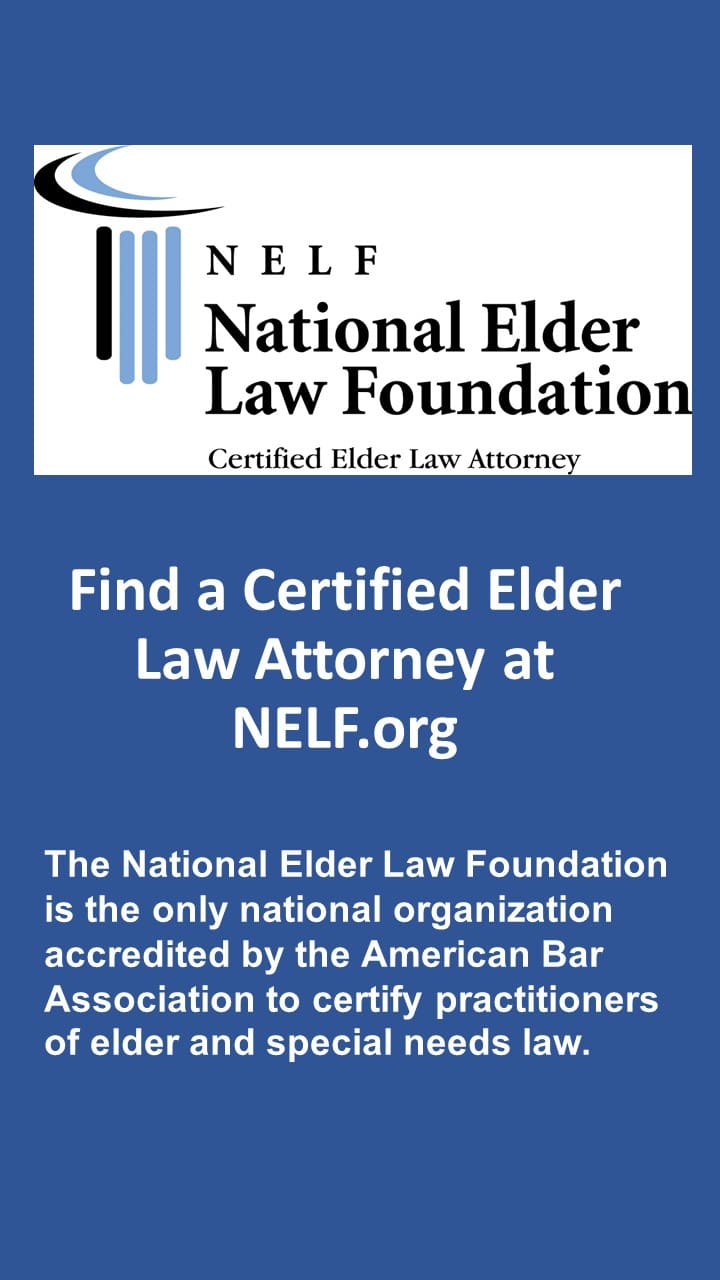Harves V. Rusyniak
In Harves v. Rusyniak, 23A-PL-671 (9/26/2023), the Indiana Court of Appeals found that the Family and Social Services Administration (FSSA) missed a step in finding that a trust rendered Natalie Harves ineligible for Medicaid. Harnes and her children signed a number of documents in January 2019 when she was 91 years old. Among those documents was a trust. The trust, created by her children, placed substantially all of Harnes resources aside. She allaegded her children gave her nearly $900,000 in services from January 2011 to January 2019 and continued providing services after a Personal Service Contract was signed. Seemingly, the trust, as created by Harnes’ children, would use Harnes’ remaining $557,240 to pay caregivers. Four months after the documents were signed, she applied for Medicaid. FSSA denied eligibility and Harnes appealed.
On appeal the Court cited 42 U.S.C. § 1396p(d)(1), (2)(A), (3)(B)(i), stating that a trust is considered a resource only if the following criteria apply:
(1) assets of the individual were used to form all or part of the corpus of the trust;
(2) any of the following individuals established such trust other than by will: the individual; the individual’s spouse; a person, including a court or administrative body, with legal authority to act in place of or on behalf of the individual or the individual’s spouse; or a person, including any court or administrative body, acting at the direction or upon the request of the individual or the individual’s spouse; and
(3) there are any circumstances under which payment from the trust could be made to or for the benefit of the individual[.]
FSSA
The FSSA hearing officer apparently found the first two criteria were met, but made no findings regarding the third. Harnes jumped directly to her argument that under 42 U.S.C. § 1396p(c)(2)(C)(i), not transfer penalty can be imposed if a transfer was made with the intent to dispose of assets for fair market value. The Court of Appeals said this gets the cart before the horse. “Only if a Medicaid applicant is otherwise eligible does subsection (c) require FSSA to look back “to determine if any uncompensated or undercompensated transfers of assets were made.”
The eligibility determination (or lack of eligibility) must be made before thought can be given to exceptions to the transfer penalty rules. Although the parties had different positions regarding whether the trust was available to Harnes, the ALJ did not mention that element or discuss any laguage from the trust in her order. The Court of Appeals held that it must not adjudicate that issue at fist instance, so the case must be remanded to FSSA for a decision on whether the trust was available before it could consider whether the trust was available and, if so, exceptions to the transfer penalty applied.






